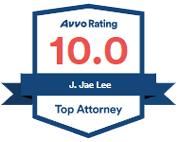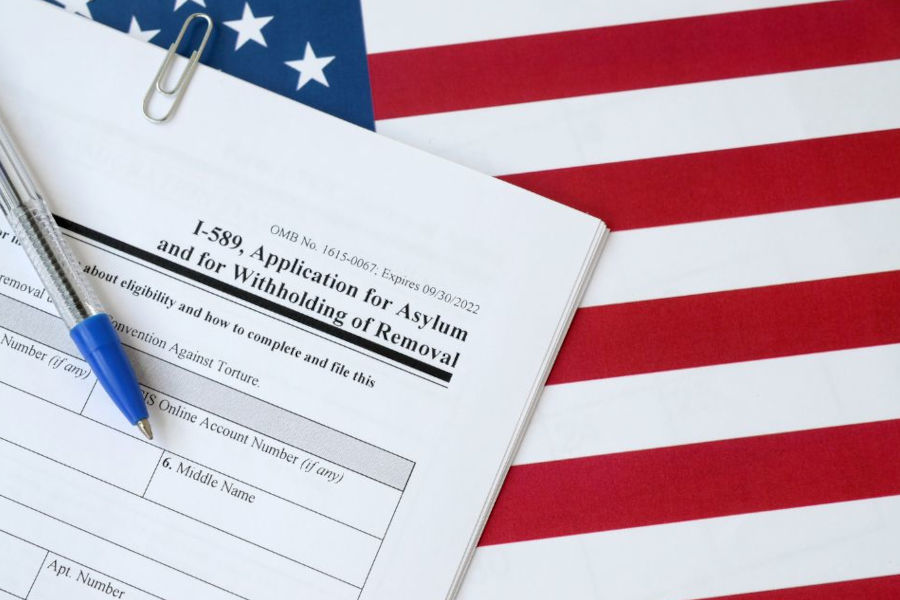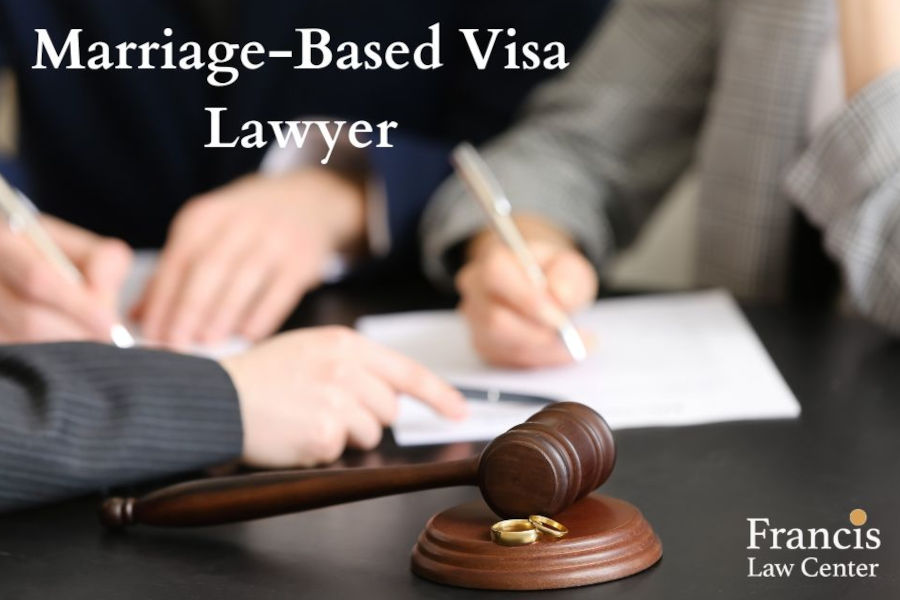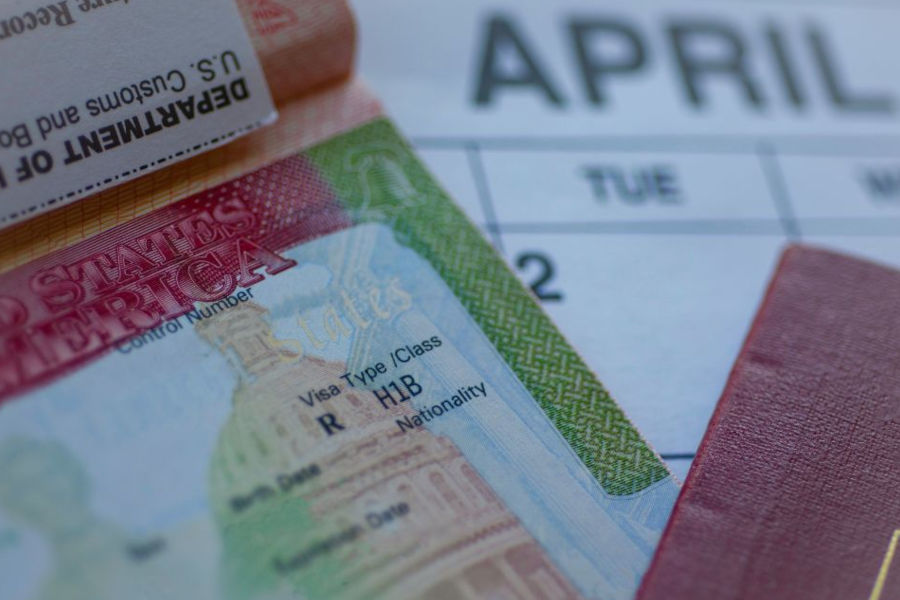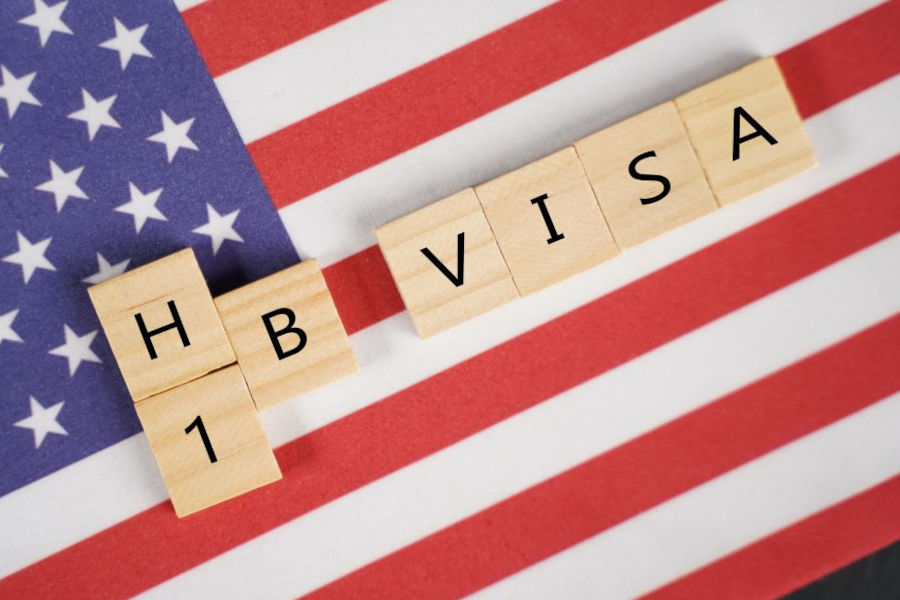Navigating the path to U.S. residency can be intricate and demanding. Professionals with advanced degrees and individuals with exceptional abilities often find themselves considering an EB-2 Visa or a National Interest Waiver (NIW).
Francis Law Center offers valuable insights into the common questions regarding EB-2 and NIW visas, assisting professionals and individuals in understanding their options for U.S. residency.
What is an EB-2 Visa?
The EB-2 Visa is a U.S. immigrant visa preference category for individuals who possess advanced degrees or exhibit exceptional ability in the sciences, arts, or business. This pathway is designed for those who demonstrate a level of expertise above that ordinarily encountered in their field.
An EB-2 Visa applicant typically requires a job offer and a Labor Certification, although these requirements can be waived if eligibility for an NIW is established.
What is a National Interest Waiver (NIW)?
A National Interest Waiver allows individuals to bypass the job offer and Labor Certification process if they can demonstrate that their contributions are of national significance.
The NIW particularly benefits entrepreneurs, researchers, and other high-impact professionals whose work serves the U.S. national interest, thereby warranting a waiver of the usual requirements.
Common Questions About EB-2 Visas and NIWs
Exploring immigration avenues can lead to a complex web of options and criteria. Among the frequently discussed topics are the distinctions and benefits of the EB-2 Visa and the National Interest Waiver.
What is the difference between an EB-2 Visa and a NIW?
While the EB-2 Visa is designed for professionals with advanced degrees or those with exceptional ability, it typically requires a job offer and labor certification. The NIW, on the other hand, is an exception within the EB-2 category that allows individuals to bypass these requirements if they can prove that their work has substantial merit and national importance, thus serving the U.S. national interest.
Who qualifies for an EB-2 Visa? Generally, applicants must hold an advanced degree or equivalent or a baccalaureate degree with at least five years of progressive experience in their field.
What evidence is required for an NIW? Documentation should establish the applicant’s expertise and the significance of their work to the nation. This may include letters of recommendation, publications, awards, and a comprehensive explanation of the work’s impact.
How long does the EB-2 Visa process take? Processing times vary, but it typically takes several months to a few years. An immigration attorney can help navigate expedited options, like premium processing, where applicable.
What are the benefits of an EB-2 Visa? The EB-2 Visa leads to permanent residency, allowing you and your immediate family to live and work in the U.S. indefinitely. It also sets the stage for future citizenship.
Let an Immigration Attorney Help with Your Road to an EB-2 or NIW Visa
While the EB-2 and NIW routes offer tremendous opportunities, they deal with legal nuances. An immigration attorney can provide invaluable guidance, ensuring your application clearly articulates your qualifications and the national significance of your work. From strategizing the best approach to handling complicated paperwork, a legal expert will navigate you through the complexity of immigration law, increasing the likelihood of a successful outcome.
Your journey to U.S. residency is significant, and every step counts. For personalized advice tailored to your unique situation, contact Francis Law Center today. Our team is committed to providing you with the expertise to make informed decisions about your immigration path.

